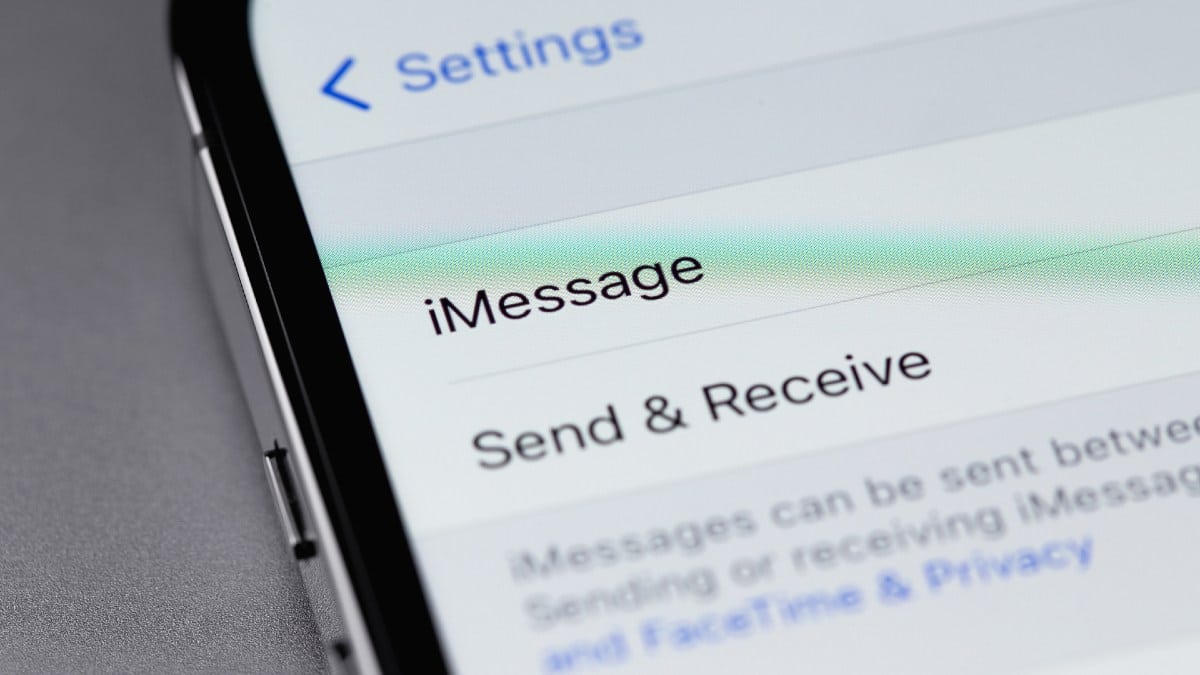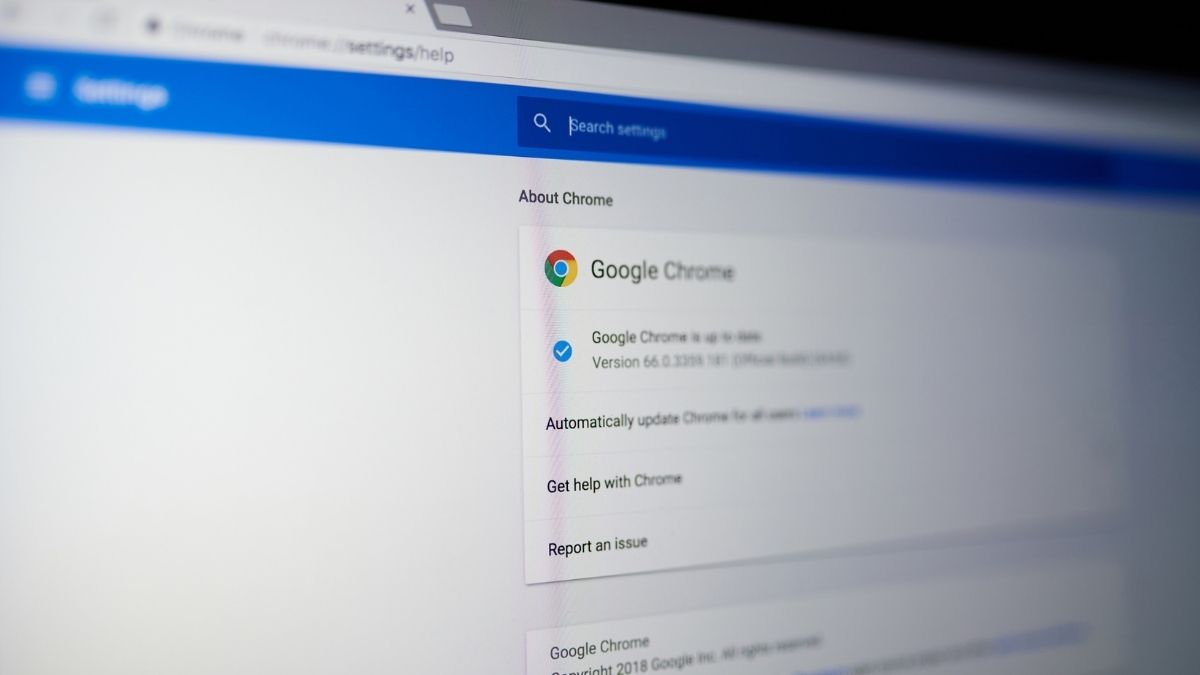⌛ Quick privacy tip: Use Ctrl + Shift + N (Windows) or Cmd + Shift + N (Mac) to open an incognito or private browsing window in most web browsers. Incognito mode doesn’t save your browsing history, cookies or form data.
Tech myths you need to stop believing: Private browsing, magnets and computers, bars = service

When it comes to tech myths, I’ve heard ‘em all. That’s why I’m here — to help you keep a handle on what’s real and what’s not. For each of the myths below, I’ve got a step you can take to stay safe or a tech rule of thumb to live by.
Myth: Private browsing is totally private.
Fact: ISPs, advertisers and websites can still spot you. After all, the term “incognito” is rooted in the Latin incognitus, meaning “unknown.” Always log out from sensitive accounts and consider using a VPN for an extra layer of privacy.
Myth: The more megapixels, the better the camera.
Fact: Pixels are just part of the picture; today’s magazine cover photos are often shot with cameras under 20 megapixels! The pros know the software you use is just as important. Oh, and don’t shoot in RAW unless you need to; the files take up so much room.
Myth: Macs are the Fort Knox of computers.
Fact: They’re secure but not invincible. Macs get malware, too. Regularly update your software, and don’t skip those security patches.
Myth: Deleting files means they’re gone forever.
Fact: With the right tools, files can resurface like digital zombies. Your PC’s Recycle Bin? It’s more like a temporary holding zone. Use file-shredding software for sensitive documents to ensure they’re truly deleted.
Myth: Charging phones overnight kills the battery.
Fact: Modern phones are smarter than you think. Lithium-ion batteries, like those found in most smartphones, have built-in circuits to prevent overcharging. Use manufacturer-approved chargers to ensure safe and efficient charging.
Myth: Using a magnet near your computer could result in your PC’s instant death.
How to clear your browser cache in Chrome, Firefox, Edge, Safari and Brave

Not sure how to clear the cache and cookies in your web browser? Use this easy, step-by-step guide. We’ll show you how to clear the cache on any browser, from Firefox to Brave.
To be clear, these tips are for your computer. If you want to clear your smartphone browser’s cache, we’ve got another article that can help. Tap or click to delete all the annoying tracking cookies from your phone.
Private mode isn't 100% private
Do you think private browsing mode hides everything you do online? Sadly, that’s not the case. Here’s what you need to know, in 60 seconds.
Learn more about your ad choices. Visit megaphone.fm/adchoices
How to prevent cross-site tracking on your iPhone, iPad and Mac

As long as you’re online, your privacy is exposed. The good news is you can erase search history, visited websites, cookies and form data using private browsing mode. This means that anyone who uses the same computer as you won’t see your activity. Tap or click here for instructions on erasing your digital tracks.
What REALLY happens when you unsend, edit or delete a text in iOS 16

Should you upgrade to the iPhone 14? It includes crash detection, satellite communication in an emergency, and pro models get an always-on screen. Tap or click here to check out more on the new iPhone, Apple Watch and AirPods Pro. Our verdict: If your phone is still working fine, hold off for now.
🤐 Keep it hush-hush: If you need a new Incognito or Private mode browsing window, press Ctrl + Shift + N (Windows) or Cmd + Shift + N (macOS). Firefox does this differently; here, swap the “N” for P. Keep in mind these modes don’t make what you do truly private; they just stop it from becoming part of your algorithm and saved searches.
One big mistake you’re making with your Amazon account

Did you know that if you sign in to your Amazon account on a browser or app, unless you’re in private or incognito mode, you’ll remain signed in unless you explicitly sign out?
Like any other website, Amazon uses cookies to keep you logged in to the site even after you’ve closed the browser or turned off the computer or gadget. Leaving your Amazon account signed in on a friend’s, or worse, a public computer, can have dire consequences.
5 iPhone security settings you need to change now

Your phone doesn’t come with a user manual. Sure, you can find online guides from Apple or Android, but don’t bet on Big Tech telling you the secrets to best protect yourself.
Default settings are often much better for the companies behind them than for you. Tap or click for 10 default iPhone settings that need your attention.
Attention Mac and iPhone users - Your browser might be leaking Google search history

Every time you visit a website or search for something in your Safari browser, it keeps a record of your actions. Apple’s Safari browser saves a copy of your browsing history with website cookies. Tap or click here to lock down Chrome, Firefox, Edge and Safari for maximum security.
5 new Google changes to watch out for
Google’s suite of apps is among the most widely used in the world. They are easy to navigate, free, and are constantly updated and patched. It’s no wonder that Gmail, Google Maps and Chrome are so popular.
Despite its universal acceptance, Google has a poor track record when it comes to data privacy. The tech giant has taken steps to reassure user confidence, such as announcing self-destructing emails. How much truth is there to this claim? Tap or click here to find out.
Tech how-to: Lock down Chrome, Firefox, Edge and Safari for maximum security

There are many web browsers out there, but these are the four most popular: Google Chrome, Mozilla Firefox, Microsoft Edge, and Apple’s Safari. They have their differences, but they also have many similarities.
Sadly, one of their similarities is they can all be hacked in various ways. This can lead to your private information getting out and cause personal or financial harm to you. Tap or click here for signs that your device has been hacked.
5 answers to common tech questions, revealed

A woman called her company’s tech support desk, and the technician asked for her password. She replied, “Snow White Cinderella Snoopy Dopey Pinocchio Harry Potter Ariel 5.” The technician said, “That’s a great long password.” The woman replied, “Thank you! I was told my password needs to have seven characters and one number.”
Browser security settings you need to check now

No matter which browser you choose, you’re accessing the same internet.
That is, of course, unless you’re using Tor to trawl the Dark Web. Feeling curious about how to get there and what you’ll find? Here’s the info — use it at your own risk.
Your top 8 IT questions answered

Do you ever feel stumped when working on your computer during the day? Our computers don’t always behave how we want them to, and finding answers online is often easier said than done.
You can Google anything, but you can’t Google trusted advice. That’s why Kim and the smart IT pros at Komando HQ answer your questions in the Komando Community Tech Forum. Want to try it for yourself? Get 30 days free at getkim.com. After that, it’s a few bucks a month, and there are discounts for military, seniors and service personnel.
One simple way to keep your browsing history secret

Sitting at home alone, surfing the internet, it’s easy to forget how many organizations are watching what you do. Your internet service provider is recording every site you visit, Google is tracking your search history, advertising companies are tracking your browsing history, the government is tracking who knows what.
